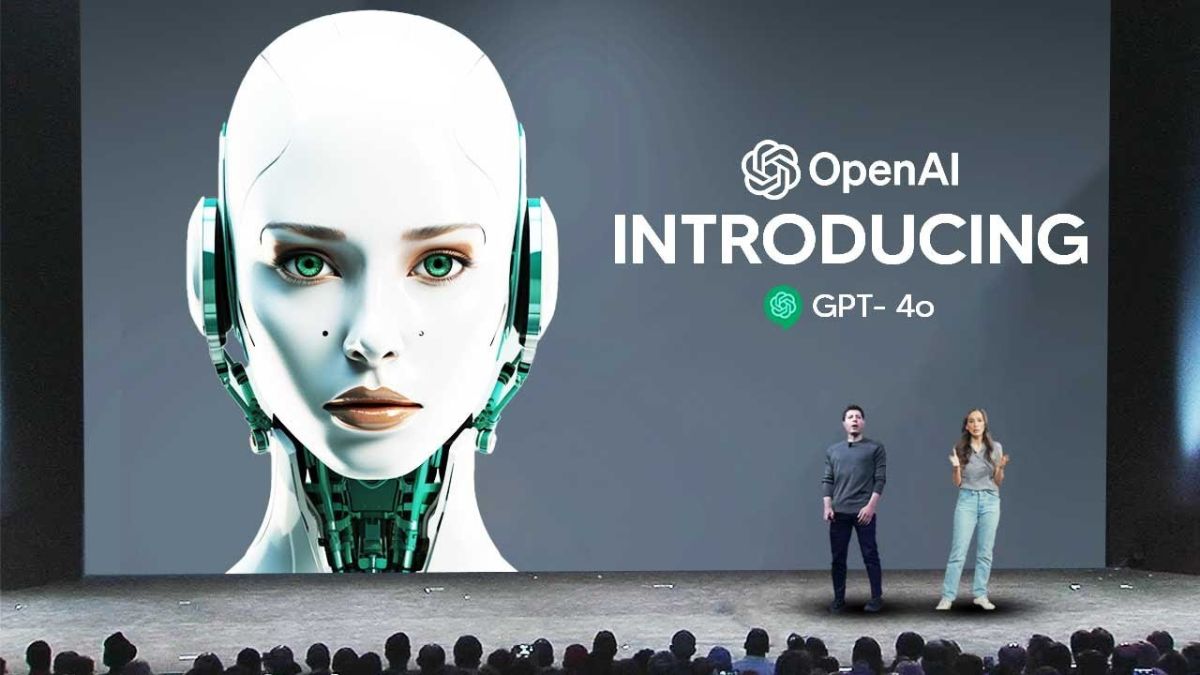Microsoft’s partnership with OpenAI, once characterized by collaboration, is now marked by a recognition of competition. In its latest annual report, Microsoft officially listed OpenAI as a competitor in the fields of artificial intelligence, search, and news advertising. This development marks a notable shift, as the company has historically viewed tech giants like Amazon, Apple, Google, and Meta as its primary competitors.
Complex Relationship Despite Collaboration
Microsoft has been a significant partner and investor in OpenAI, committing approximately $13 billion to the AI startup. The tech giant serves as OpenAI’s exclusive cloud provider and integrates OpenAI’s AI models into its products for both commercial and consumer markets. Despite this deep integration and financial backing, the emergence of OpenAI as a competitor suggests a growing complexity in their relationship.
Competing Products and Services
The competition is becoming more evident as both companies offer overlapping products. OpenAI, known for its ChatGPT chatbot, has recently unveiled a prototype search engine called SearchGPT. Microsoft, on the other hand, provides its Copilot chatbot through the Bing search engine and within Windows operating systems. Companies can access OpenAI’s models either directly or through Microsoft’s Azure OpenAI Service.
An OpenAI spokesperson told CNBC that the partnership’s competitive aspect was understood from the beginning, and the relationship remains strong. However, the competitive nature of their offerings indicates a potential for increased tension.
Leadership Dynamics and Recent Developments
The past year has been eventful for both companies. In November, OpenAI’s board made a controversial move to oust CEO Sam Altman, only to quickly reinstate him. During this period, Microsoft was granted a non-voting board seat at OpenAI, which it relinquished earlier this month.
Microsoft CEO Satya Nadella has maintained a close relationship with Altman, despite the boardroom drama. He reportedly wasn’t informed prior to Altman’s brief removal. Additionally, in March, Nadella appointed Mustafa Suleyman, co-founder of DeepMind and leader of Inflection AI, as CEO of a new unit called Microsoft AI. This move, along with several Inflection employees joining Microsoft, highlights Microsoft’s continued investment in expanding its AI capabilities.
Nadella recently expressed admiration for Altman’s relentless drive for innovation, telling The New York Times that Altman frequently pushes for more resources and capabilities.
This evolving dynamic between Microsoft and OpenAI underscores the increasingly competitive landscape in the AI sector, even among close collaborators.


